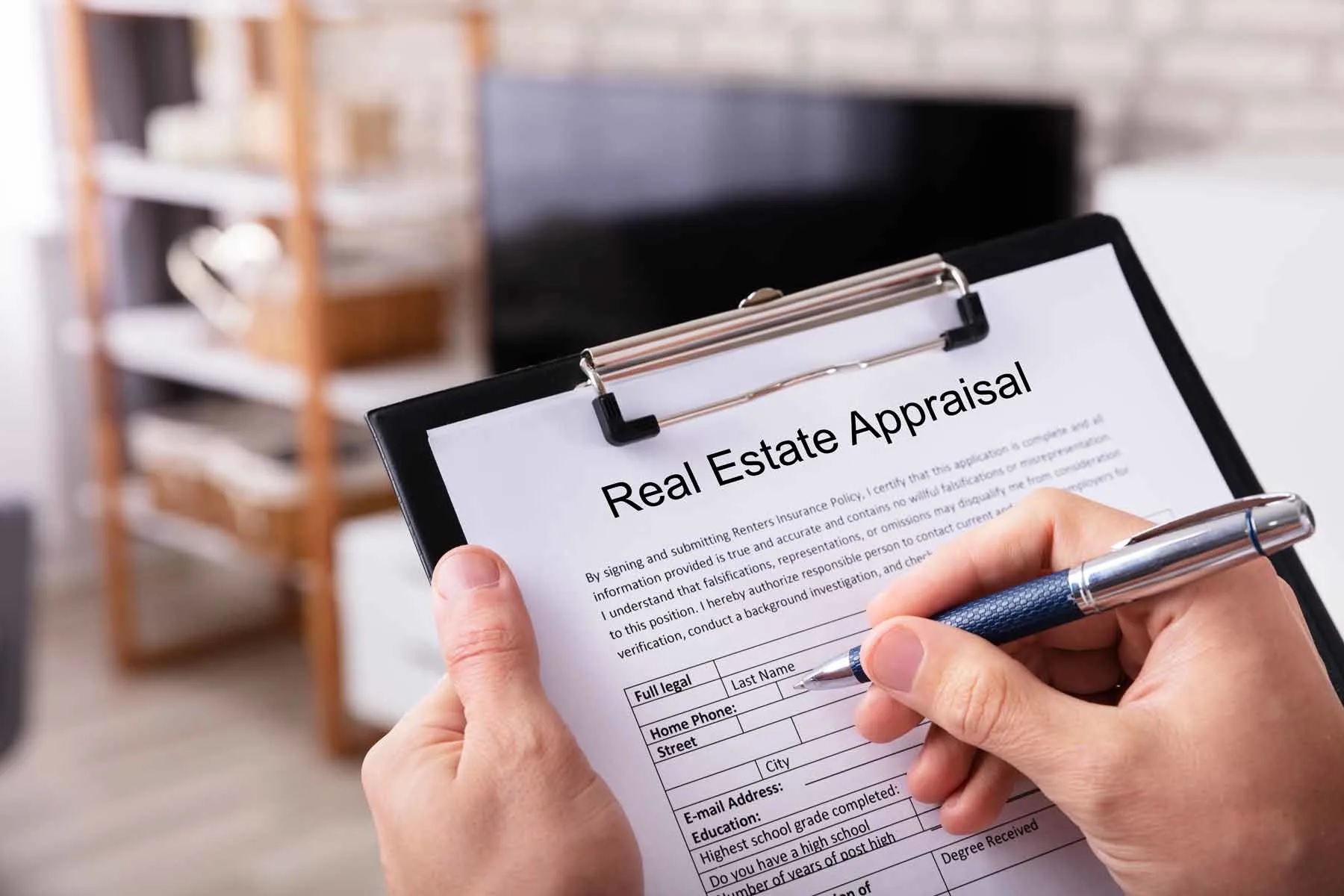Buying a Home: What to Know About An Appraisal Contingency
Tue Sep 5, 2023 on Florida Real Estate

If you are a homebuyer seeking a mortgage and the house you contract for appraises for less than the actual contract price, you need to fully evaluate whether to waive the so-called appraisal gap. Waivers of appraisal typically occur in high demand real estate markets, where there are more buyers seeking homes than sellers listing their homes. As a result, in order to be a more competitive buyer, some buyers are waiving the appraisal gap in order to successfully land the real estate contract.
What is an Appraisal Contingency?
According to CoreLogic, Inc., a real estate data and services provider, appraisal gaps occurred in 11% of residential transactions in June 2023. These gaps arise when the homes appraise for less than the contract price which typically occurs in tight markets where homebuyers bid above the asking price in order to obtain the home or where home sellers are trying to get what they perceive is the market value regardless of the appraisal.
Waiving the appraisal contingency means that a buyer will proceed with the purchase of the contract price no matter what the appraised value of the home is. For sellers, the buyer is then locked into the deal. However, for buyers, by waiving the appraisal, a tremendous amount of risk is placed on them should the appraisal come in lower than the contract price.
The issue of appraisals comes in when there is a mortgage contingency in the contract. Why? A lender’s mortgage commitment is typically conditioned upon the receipt of a satisfactory appraisal. If the appraisal comes in lower than the contract price, the loan to equity ratio used by a lender to qualify a buyer will change, resulting in the lender generally approving a lower mortgage amount. This, in turn, may completely change the buyer’s financial forecast.
What are a buyer’s options should the lender’s appraisal be lower than the actual contract price?
At times, a buyer may be able to renegotiate the contract price given the lowered appraisal value of the home. However, when there are bidding wars, sellers may not wish to lower the contract price, as there may be all cash offers or other buyers able to qualify for the adjusted mortgage.
However, buyers need to be very cautious in deciding to waive an appraisal. The following items should be considered prior to making the decision to waive an appraisal:
- Fully understand the situation. Review public records for recent sales and ask your Realtor for comparable sales in order to make sure that you are not overpaying for the house. By waiving an appraisal gap, the buyer will need to proceed with the purchase; thus, the buyer must make sure that (s)he has sufficient cash in order to proceed should one have to make up the difference due to the waiver.
- Limit liability. If a buyer wishes to proceed with the appraisal waiver, one can offer to waive only up to a certain amount so that the buyer caps the potential liability.
- Seek a Reconsideration of Value. A buyer can also seek a reconsideration of value if the buyer may believe that the lender’s appraisal is not comparable with actual sales of similar homes in the area.
What does this all mean?
In a very competitive real estate market due to less housing supply than demand, more buyers, who obtain mortgages, are trying to secure their real estate contracts by waiving an appraisal even though the lender will conduct an appraisal for the loan. Unless the buyer has sufficient cash should the appraisal not meet the contract price or have a real estate attorney to limit the buyer’s exposure, buyers must be aware of the significance of the waiver.
From the trenches,
Roy Oppenheim

